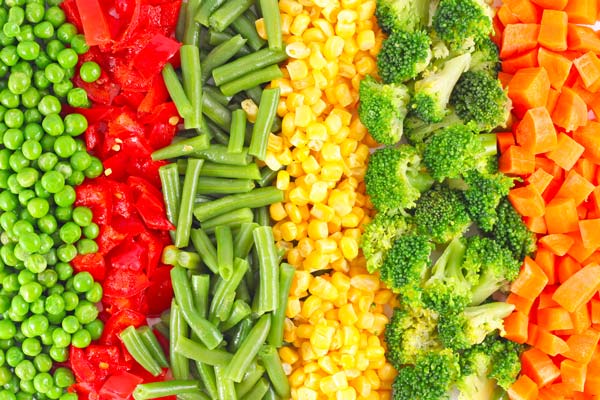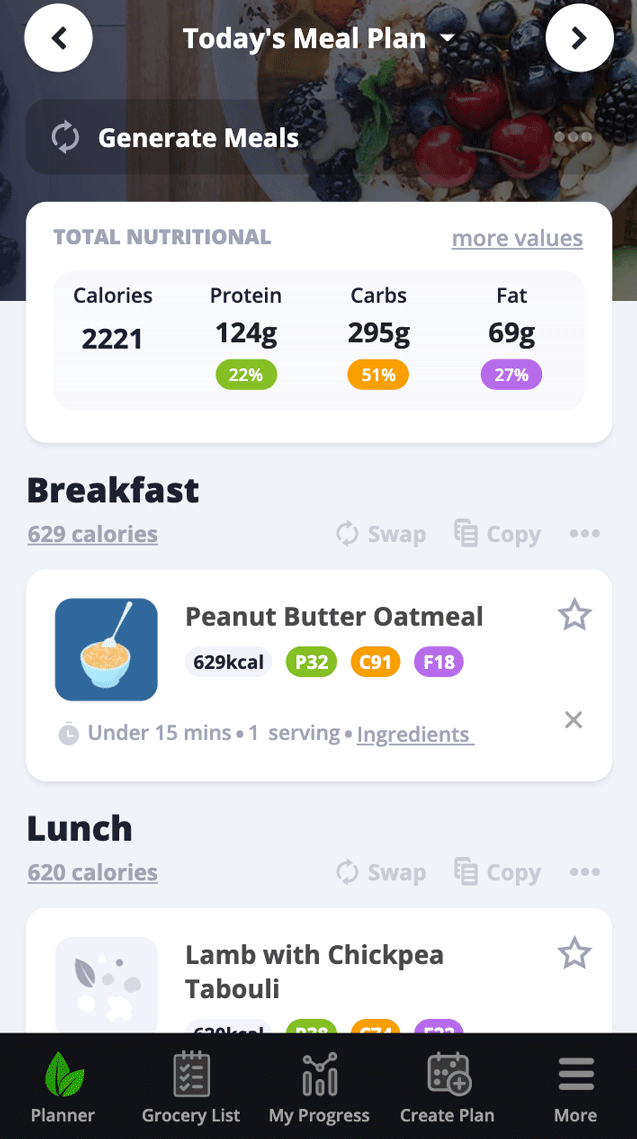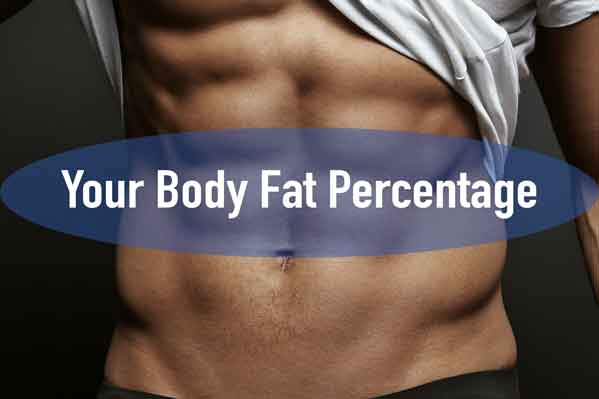Are Frozen Vegetables as Good as Fresh?
Fresh doesn't always mean the best? Is there any health difference between fresh and frozen veggies?

You know eating more vegetables has its health perks. A great number of studies have found that a diet rich in various vegetables can lower blood cholesterol levels, reduce blood pressure, prevent heart disease, and ward off certain kinds of cancers. However, consuming fresh veggies in the winter doesnt sound healthy with all the chemicals sometimes packed in them. Frozen veggies remain a popular choice even during the summer season, but do they contain the same amount of essential nutrients as fresh ones? Lets figure it out.
Frozen doesn't mean unhealthy
A study funded by the Frozen Food Foundation and done by a group of researchers from the University of Georgia, checked the nutritional value of fresh and frozen veggies sold in the supermarket, including cauliflower, broccoli, corn, green peas, green beans, and spinach. The results were published in the Journal of Food Composition and Analysis may be very surprising to some. The study found that both fresh and frozen veggies are almost nutritionally equal to each other.
The purpose of the researchers was to debunk the myth that frozen veggies are less nutritious than fresh veggies. Despite all the misleading conceptions, the freezing technique doesnt make veggies lose their vitamin, mineral, and antioxidant content. This means, fresh isnt much better than frozen.
On the contrary, some frozen veggies, such as green beans and green peas have been shown to contain the higher levels of vitamins and minerals than their fresh counterparts. The thing is, green peas tend to lose more than half their vitamin C content in 24 to 48 hours after theyre picked. Freezing green peas right after picking helps to preserve their natural nutrient content, making them much healthier than fresh green peas.
Moreover, all those pest-controlling sprays, picking, transportation, storing, handling, and waiting-for-a-buyer time make fresh veggies in the supermarket lose roughly half its original amount of vitamins and minerals.
Veggies that are better frozen than fresh are those with a great content of fat-soluble nutrients, including carotenoids, vitamin A, and vitamin E. These nutrients stay more stable during freezing and food processing.
But still sometimes fresh is the best
While frozen veggies are healthy and nutrient-packed, in many cases fresh veggies are the best ones. Plus, the nutritional value of frozen and fresh vegetables highly depends on the kind of veggie. Vegetables chock full of vitamin B and vitamin C are generally best fresh since each of these vitamins is water-soluble.
Brassica vegetables, such as kale, cabbage, cauliflower, and Brussels sprouts, are better to be consumed fresh than frozen since they preserve more antioxidants and phytonutrients, which keep certain types of cancers at bay.
Final thought
Even though frozen veggies are as healthy as the fresh ones, it would be healthier if you froze your own veggies. Some frozen produce in the supermarket contains chemicals that help them stay at a tip-top condition for years. So either buy smartly or freeze in bulk!



